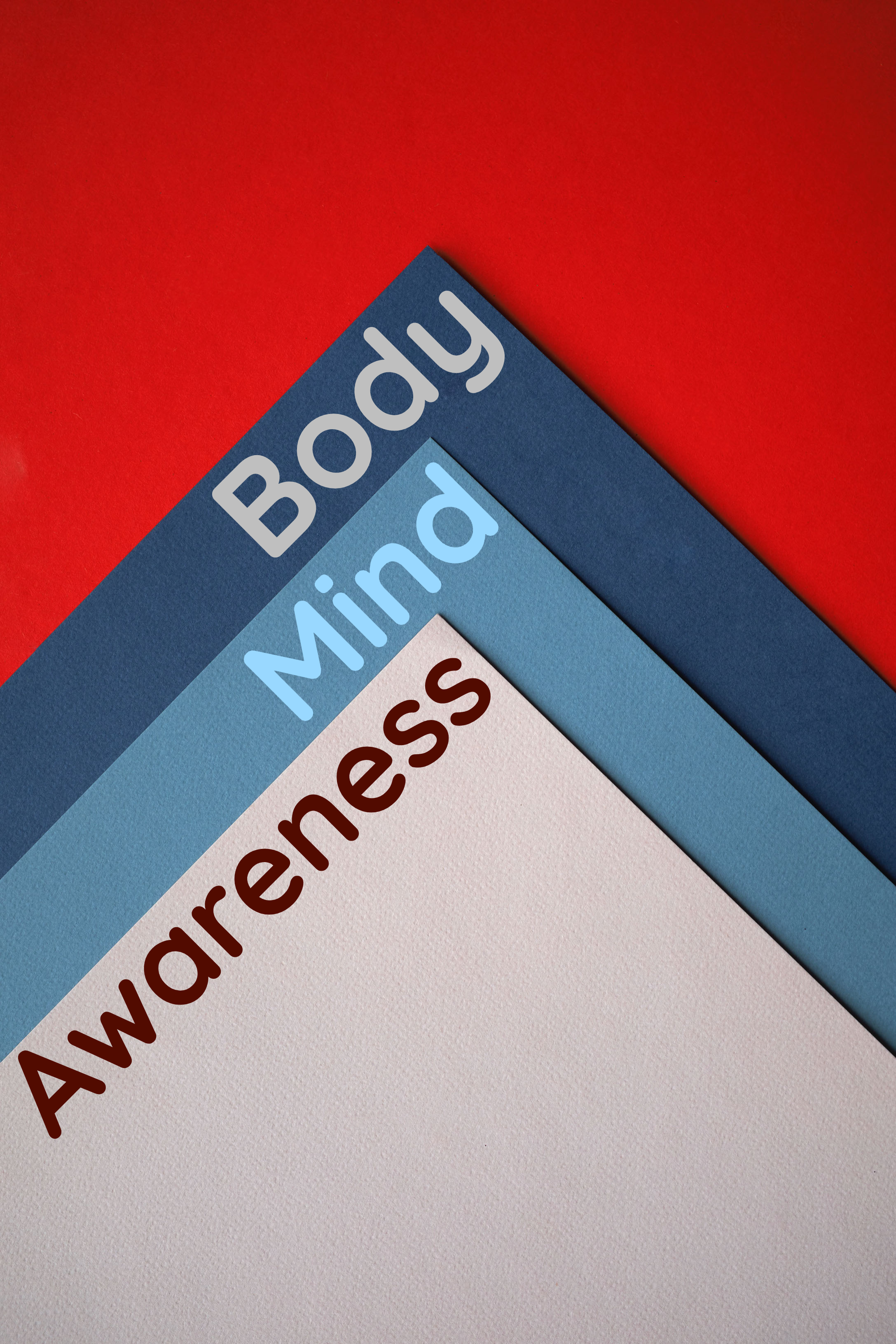What lies beyond the mind?
The mind is the gatekeeper to the inner subjective world. This inner subjective realm has three layers. If we take a cross-section of our inner being, the most superficial is the transactional arm of the mind, through which we interact with the world. Here, through our awareness, we engage with the contents of the mind, and we forget that we are separate from the mind. The next layer, which lies deeper is the observational aspect of our being. Here, our awareness is distinct and separate from the mind. It is like sitting in an observation post, from where we perceive the mind without interacting with its contents. The deepest layer is that of pure awareness, which is an ego-free state where the distinction between the deeper subjective self and the transactional mind disappears. There is only one without a subject-object differentiation.
The mind is the gatekeeper to the inner subjective world.
Transacting with thoughts and experiences is the default experience for most of us. Like countries that are trading partners with one another importing and exporting goods and services, we trade our thoughts, ideas, and experiences with others. Yes and no are two words that are involved with every view, opinion, and experience. Through these two words, yes and no, the ego manages to trap our attention and awareness. These words also serve as the foundation of the mind.
Through the two words, yes and no, the ego manages to trap our attention and awareness. These words also serve as the foundation of the mind.
The word ‘no’ is powerful. The ego or the false self use it as a label, creating polarity in the mind. If we say no to something initially and want to change it to a yes, we need the permission of the ego. The ego is like a light bulb. A light bulb cannot spontaneously shine light unless there is a source of electricity. Electricity by itself cannot light up a house. It needs the medium of the light bulb. There is mutual dependence.
Similarly, awareness and ego are dependent. Awareness is like electricity, and the ego is like a light bulb. Just as electricity can travel freely, but light bulbs are fixed, subjective awareness can exist independently. But ego is attached to a specific person, mind, patterns of thoughts, and experiences.
In a dark room, with no external source of light, we become dependent on a light bulb even if it’s flickering and its light is very dim. If sunlight can enter, there is little use for a light bulb. Similarly, when our attention is in the transactional part of the mind, it’s like being in a dark room. The ego offers the ‘only light.’
When our attention is in the transactional part of the mind, it’s like being in a dark room. The ego offers the ‘only light.’
However, there’s a part of our being that is in the realm of free awareness. It manifests as the ability to become witness to the mind. No matter how strong is the hold of the ego, we can step aside and witness the ego. This ability to observe is like sunlight that suddenly enters a dark room. We see the same mind in a new and different perspective.
The mind is a tiny space in comparison to the rest of existence. In this small space, everything appears magnified. Just as the earth has two poles on opposite ends, the mind which we call home has polarity. We create this polarity that sustains the transactional mind by saying yes and no to thoughts and experiences.
The mind is a tiny space in comparison to the rest of existence. In this small space, everything appears magnified.
Both new experiences that come in through the senses and the old thoughts, ideas, and experiences that come back into conscious recall gravitate towards one of the other poles of the mind. Life through the lens of the mind becomes one of the opposites.
The body, in contrast, affirms yes to life in every breath, whether incoming or outgoing. The incoming breath connects the macrocosm of nature to the microcosm of the body. The outgoing breath connects the microcosm of the body to the totality of nature. The link remains unbroken throughout life. We cannot be selective about our breath, incoming or outgoing. We have to be whole.
The ego can afford to be selective. In fact, by being selective and choosy between yes and no, likes and dislikes, the ego prevents us from connecting with the deeper aspects of our subjective being. That is where our real treasure lies. The ego creates a split within the mind. Awareness is torn between our likes and dislikes, further propagated through our labeling of new experiences with a ‘yes I like, or no, I don’t like.’ The transactional mind acts as a smokescreen that prevents us from seeing within ourselves.
When we transact with the world through the mind, every experience is assigned a value, either negative or positive. The more we say yes to something, its positive value enhances. The more we say no to something, its negative value increases. Both of these, positive or negative, have the power to bind us to the mind and the ego. Through observation of our thoughts, by neither saying yes or no to them, they start to diminish in value.
Just as the world seen as an object from the subjective viewpoint of the ego, mind, and senses, the ego, mind, and the senses can be seen as the object from the subjective place of awareness. There is another type of polarity created. We go from the ‘yes and no’ kind of polarity that exists within the mind to ‘us and the mind’ differentiation.
When we become aware of separateness from the mind and the world, we then see the beauty of the self-sustaining ecosystems of the mind and the world. Just as the world functions independently of us, the mind can also continue to function independently of our direct involvement with each thought and experience. Here, high alertness on our part is required. The moment we say no to some idea or experience, we are immediately pushed back into the mind and the arms of the ego.
When we become aware of separateness from the mind and the world, we then see the beauty of the self-sustaining ecosystems of the mind and the world.
Through continued efforts in observing the mind as a subjective witness, we eventually create enough separation between the mind and subjective awareness. When we are immune to the ‘yes or no’ bait, which makes us reenter the mind, the ego cannot affect us.
Eventually, the distinction of the observer or watcher of the mind and the mind itself disappears. Consequently, the ego ceases to function. What’s left is pure awareness — the egoless deepest part of our being.







